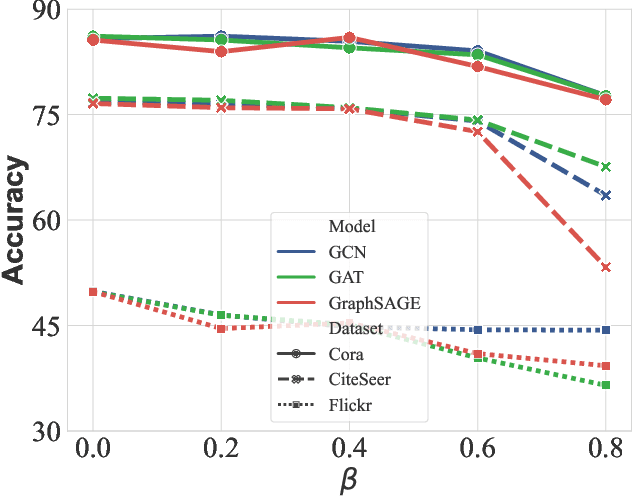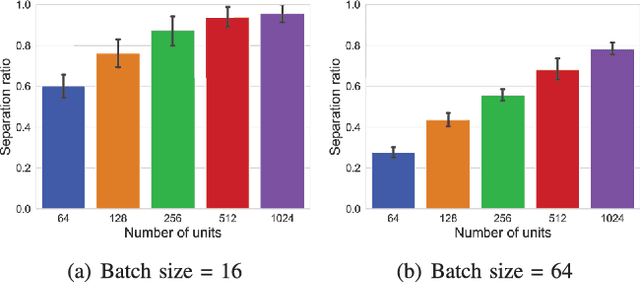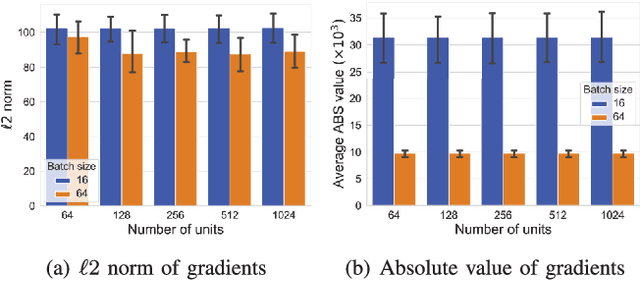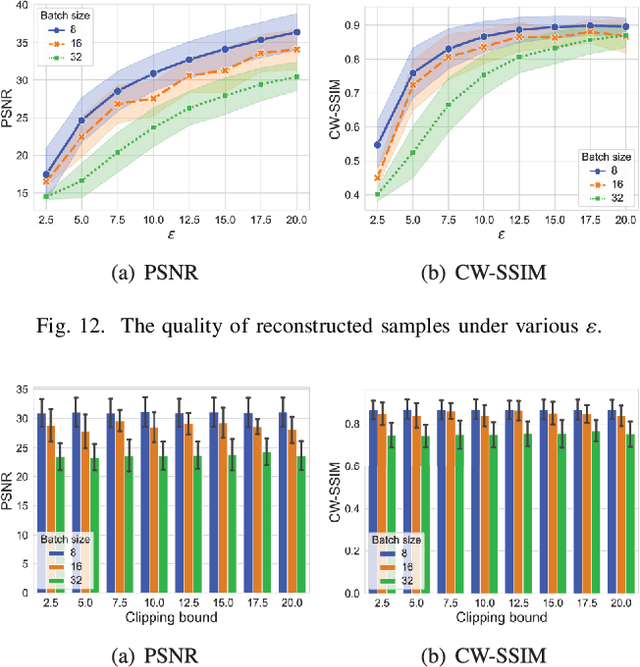Xuewen Dong
Adaptive Backdoor Attacks with Reasonable Constraints on Graph Neural Networks
Mar 12, 2025



Abstract:Recent studies show that graph neural networks (GNNs) are vulnerable to backdoor attacks. Existing backdoor attacks against GNNs use fixed-pattern triggers and lack reasonable trigger constraints, overlooking individual graph characteristics and rendering insufficient evasiveness. To tackle the above issues, we propose ABARC, the first Adaptive Backdoor Attack with Reasonable Constraints, applying to both graph-level and node-level tasks in GNNs. For graph-level tasks, we propose a subgraph backdoor attack independent of the graph's topology. It dynamically selects trigger nodes for each target graph and modifies node features with constraints based on graph similarity, feature range, and feature type. For node-level tasks, our attack begins with an analysis of node features, followed by selecting and modifying trigger features, which are then constrained by node similarity, feature range, and feature type. Furthermore, an adaptive edge-pruning mechanism is designed to reduce the impact of neighbors on target nodes, ensuring a high attack success rate (ASR). Experimental results show that even with reasonable constraints for attack evasiveness, our attack achieves a high ASR while incurring a marginal clean accuracy drop (CAD). When combined with the state-of-the-art defense randomized smoothing (RS) method, our attack maintains an ASR over 94%, surpassing existing attacks by more than 7%.
Local Differential Privacy is Not Enough: A Sample Reconstruction Attack against Federated Learning with Local Differential Privacy
Feb 12, 2025



Abstract:Reconstruction attacks against federated learning (FL) aim to reconstruct users' samples through users' uploaded gradients. Local differential privacy (LDP) is regarded as an effective defense against various attacks, including sample reconstruction in FL, where gradients are clipped and perturbed. Existing attacks are ineffective in FL with LDP since clipped and perturbed gradients obliterate most sample information for reconstruction. Besides, existing attacks embed additional sample information into gradients to improve the attack effect and cause gradient expansion, leading to a more severe gradient clipping in FL with LDP. In this paper, we propose a sample reconstruction attack against LDP-based FL with any target models to reconstruct victims' sensitive samples to illustrate that FL with LDP is not flawless. Considering gradient expansion in reconstruction attacks and noise in LDP, the core of the proposed attack is gradient compression and reconstructed sample denoising. For gradient compression, an inference structure based on sample characteristics is presented to reduce redundant gradients against LDP. For reconstructed sample denoising, we artificially introduce zero gradients to observe noise distribution and scale confidence interval to filter the noise. Theoretical proof guarantees the effectiveness of the proposed attack. Evaluations show that the proposed attack is the only attack that reconstructs victims' training samples in LDP-based FL and has little impact on the target model's accuracy. We conclude that LDP-based FL needs further improvements to defend against sample reconstruction attacks effectively.
 Add to Chrome
Add to Chrome Add to Firefox
Add to Firefox Add to Edge
Add to Edge